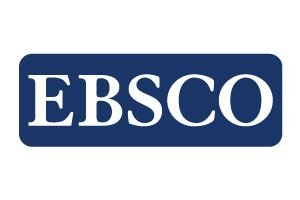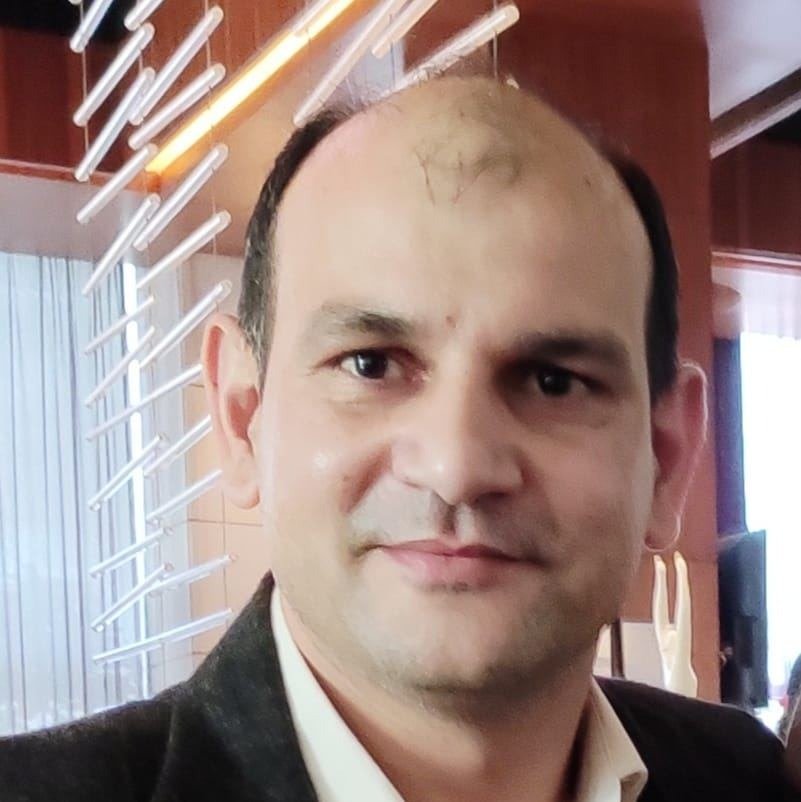Economic Violence Against Women: A Case in the National Capital Region (NCR)
DOI:
https://doi.org/10.11594/ijmaber.06.05.30Keywords:
Economic Violence, Women, Economic Control (EC), Employment Sabotage (ES), Economic Exploitation (EE), National Capital Region (NCR)Abstract
Economic abuse has a deeper and more lasting impact on women than on men, severely affecting their financial stability, independence, and ability to make life choices. It often involves control over their money, employment, property, and education. A study conducted in the National Capital Region examined women's experiences of economic abuse, using three groups: Inner Wheel Club members, SSS personnel, and LGU employees, each sampled with different methods.
The findings revealed that economic abuse prevents many women from starting or managing businesses, keeping jobs, or making independent decisions. Common forms include financial control, workplace sabotage, and theft of money or resources. Some women were burdened with debts in their or their children’s names.
The study recommends a law requiring husbands to financially support their wives and families, with penalties for non-compliance. Agencies like the PNP, DSWD, and the judiciary should enforce this law. Support measures should include providing women and children with shelter and essentials during legal proceedings and restricting abusive husbands’ access to their wives during trials. Women should also have legal access to financial records, shared accounts, and property. These protections are essential to restore women's financial autonomy and protect them from further harm.
Downloads
References
Alkan, Ö., Özar, Ş., & Ünver, Ş. (2021). Econom-ic violence against women: A case in Tur-key. Retrieved June 19, 2022, from doi: 10.1371/journal.pone.0248630.
Alsawalqa, R. O. (2020). Economic abuse of women in Amman, Jordan: A quantitative study. SAGE Open, 10(4). Retrieved Janu-ary 23, 2021, from https://doi.org/10.1177/2158244020982616
Ber, S. (2019). Economic abuse. Retrieved March 21, 2020, from https://econreview.berkeley.edu/economic-abuse/
Boateng, J. D. & Tenkorang, E. Y. (2022). A qualitative inquiry of the causes of eco-nomic abuse among women in intimate relationships in Ghana. J Fam Vol. 38, 919–930 (2023). Retrieved July 27, 2023, from https://doi.org/10.1007/s10896-022-00435-0.
Claus, D. et al. (2017). Effects of violence against women. College of Criminology Research Journal, Vol. 8, Retrieved June 21, 2020, from College of Criminal Jus-tice, Lyceum of the Philippines. Breiding M. J., Basile, K. C., Smith, S. G., Black, M. C., & Mahendra, R. R.
Danylyuk, А. D. (2022). Economic violence in the family: Types and reasons for use. Re-trieved June 28, 2022, from https://www.researchgate.net/publication/355303147_Economic_Violence in the Family Types and Reasons for Use
Garcia, T. (2020). Violence against women in the Philippines. Retrieved January 19, 2021, from Master’s Thesis, Norwegian University of Life Science
Green, J. et al. (2023). What matters when ex-amining attitudes of economic abuse? Gender and student status as predictors of blaming, minimizing, and excusing economic abuse. Retrieved October 21, 2023, from J Fam Econ Iss 44, 536–549 (2023). https://doi.org/10.1007/s10834-022-09859-8
Ikekwuibe, I. C. & Okoror, C. E. M. (2021). The pattern and socio-cultural determinants of intimate partner violence in a Nigerian rural community. Retrieved January 27, 2023, from doi: 10.4102/phcfm.v13i1.2435. PMID: 34082554; PMCID: PMC8252169.
Johnson, L. et al. (2022). Examining the impact of economic abuse on survivors of inti-mate partner violence: a scoping review. Retrieved January 6, 2023, from https://bmcpublichealth.biomedcentral.com/articles/10.1186/s12889-022-13297-4
Kaittila, A. (2022). Types of economic abuse in postseparation lives of women experienc-ing IPV: A qualitative study from Finland. Retrieved December 12, 2022, from https://doi.org/10.1177/10778012221127727
Lin, H. F. et al. (2022). ipv experiences and fi-nancial strain over time: Insights from the blinder-oaxaca decomposition analysis. J Fam Econ, Iss 44, 434–446 (2023). Re-trieved January 29, 2023, from https://doi.org/10.1007/s10834-022-09847-y
Miedema, S. S. et al. (2021). Women’s Income-generating activity and experiences of economic intimate partner violence in Rural Bangladesh. Sex Roles, 85, 373–390 (2021). Retrieved January 29, 2022, from https://doi.org/10.1007/s11199-021-01225-6
Naz, S. et al. (2021). Pregnant women’s per-ceptions regarding their husbands and in-laws' support during pregnancy: A quali-tative study. Retrieved June 20, 2022, from doi: 10.11604/pamj.2021.39.229.25659. PMID: 34630841; PMCID: PMC8486935.
Pasha, A. H. (2022). The hidden form of GBV: Economic violence. Retrieved January 20, 2023, from https://rsilpak.org/2022/the-hidden-form-of-gbv-economic-violence/
Sholevar, M. (2020). Women are invisible?! A literature survey on gender gap and fi-nancial training. Retrieved June 23, 2021, from https://doi.org/10.1177/2047173420922501
Stylianou, A. M., (2018). Economic abuse with-in intimate partner violence: A review of the literature. Retrieved January 25, 2019, from https://connect.springerpub.com/content/sgrvv/33/1/3
Tapeles, A. M. (2022). Hailing the Philippines as a pioneer in children’s participation: Experts of the committee on the rights of the child also ask about levels of violence in the country. Retrieved January 23, 2023, from https://www.ohchr.org/en/press-releases/2022/09/hailing-philippines-pioneer-childrens-participation-experts-committee-rights
Vaz, C. (2023). The responsibility of companies in addressing domestic violence among employees. Retrieved June 1, 2023, from https://www.linkedin.com/pulse/responsibility-companies-addressing-domestic-violence-carla-vaz
Downloads
Published
Issue
Section
License
Authors who publish with this journal agree to the following terms:
Authors retain copyright and grant the journal right of first publication with the work simultaneously licensed under a Creative Commons Attribution License that allows others to share the work with an acknowledgement of the work's authorship and initial publication in this journal.
Authors are able to enter into separate, additional contractual arrangements for the non-exclusive distribution of the journal's published version of the work (e.g., post it to an institutional repository or publish it in a book), with an acknowledgement of its initial publication in this journal.
Authors are permitted and encouraged to post their work online (e.g., in institutional repositories or on their website) prior to and during the submission process, as it can lead to productive exchanges, as well as earlier and greater citation of published work (See the Effect of Open Access).
















